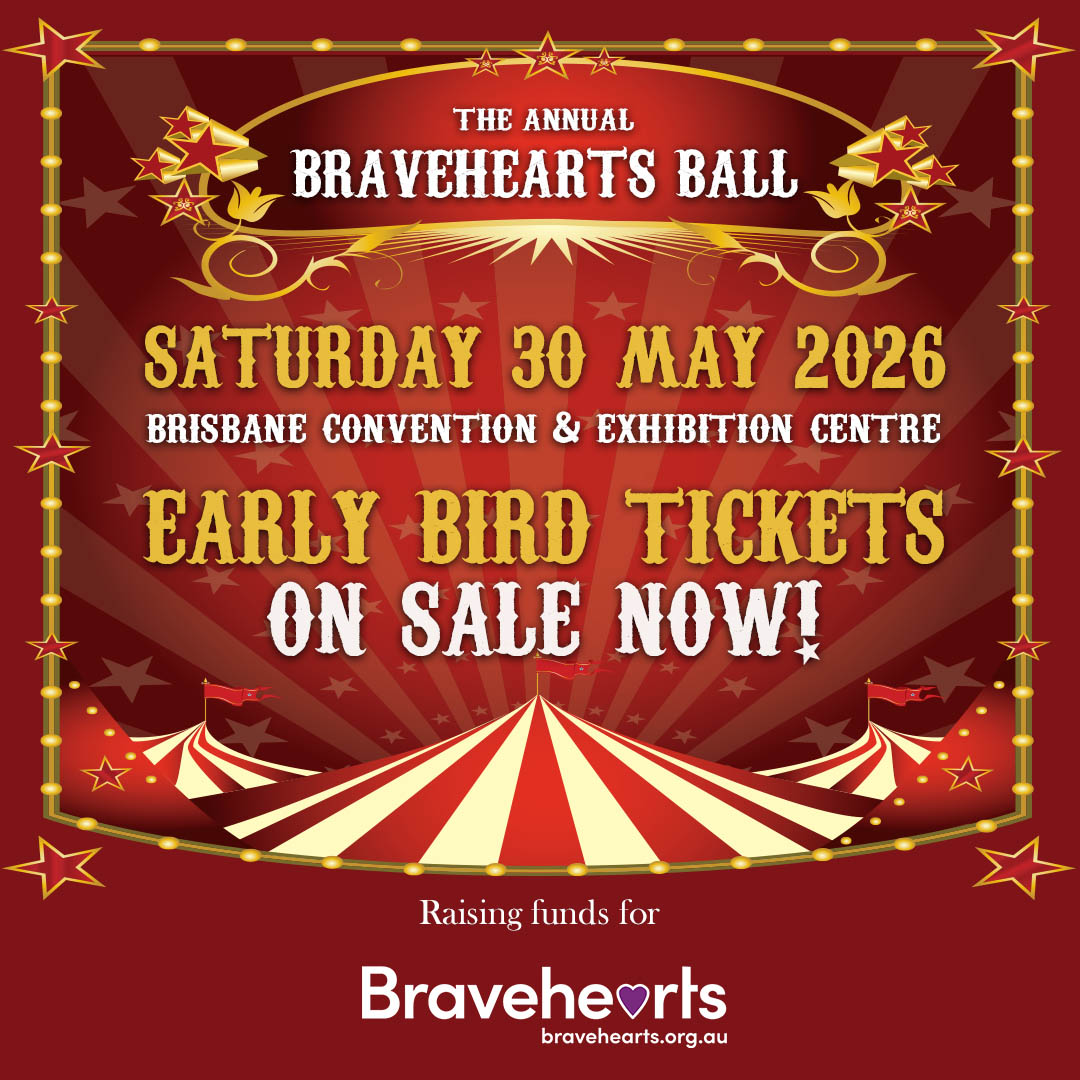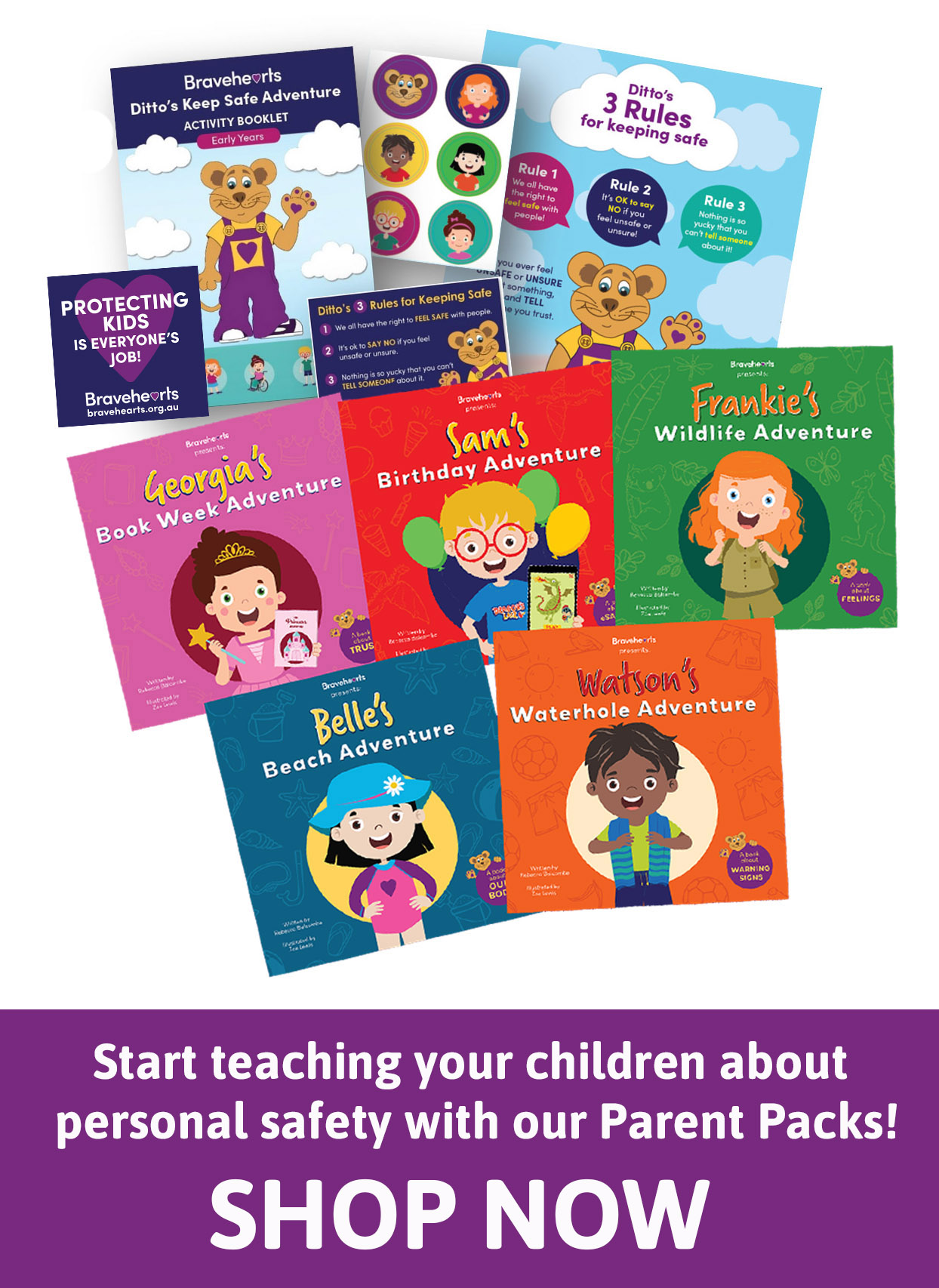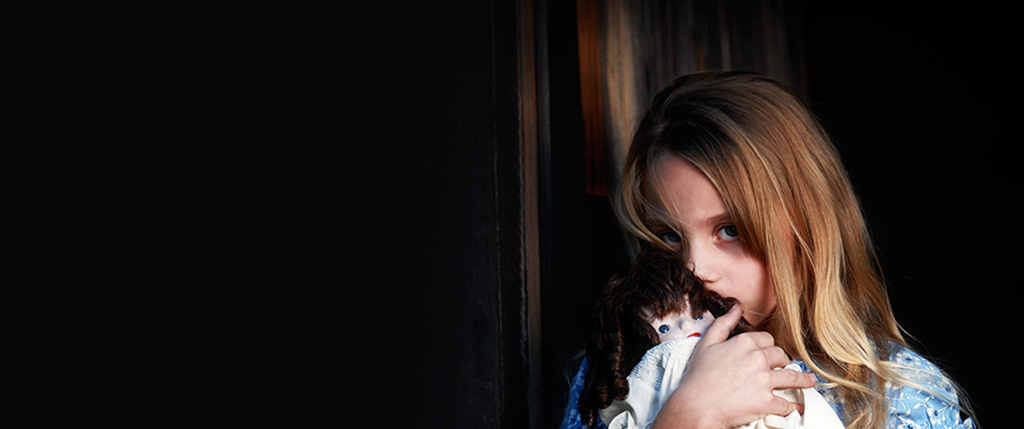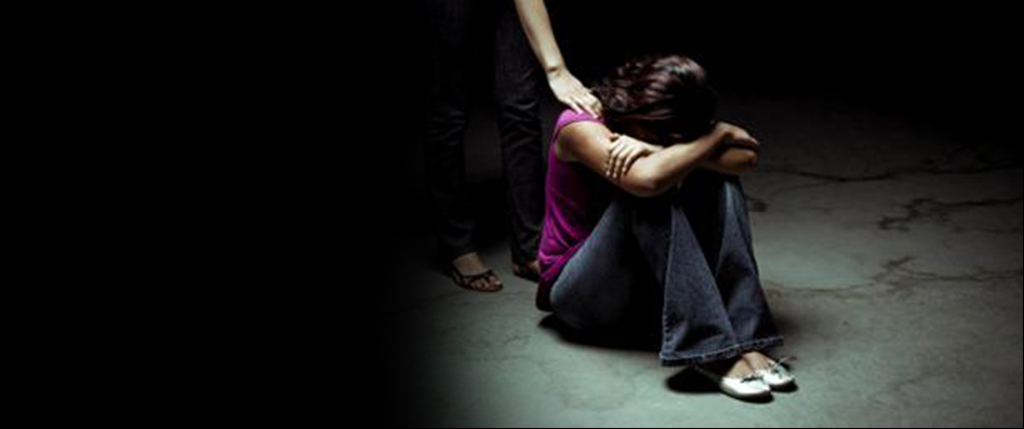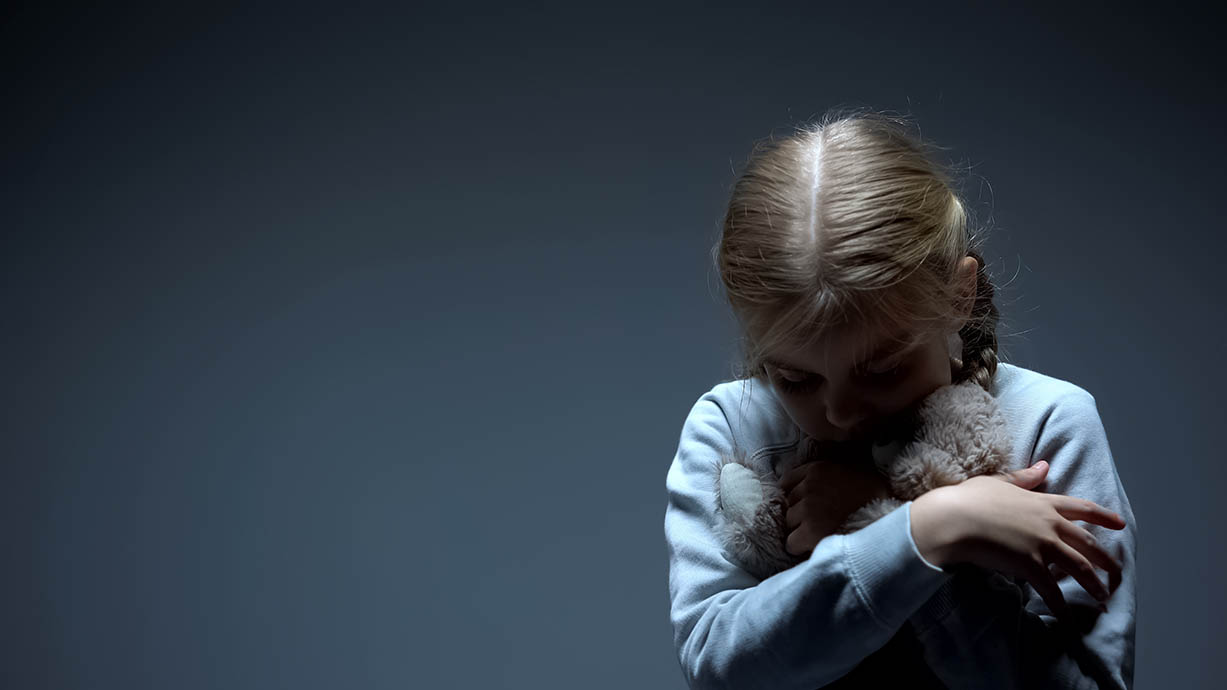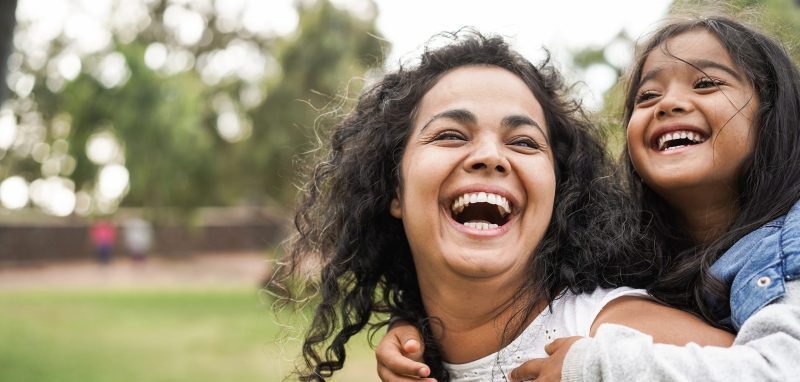About Child Sexual Abuse
- Free Resources
- What is Child Sexual Abuse?
- What are the Signs of Child Sexual Abuse?
- What are the Effects of Child Sexual Abuse?
- What is Grooming?
- What is Consent?
- Sexual Behaviours in Children
- Myths About Child Sexual Abuse
- Online Grooming & Child Sexual Exploitation
- Teaching Children Personal Safety
- Responding to a Disclosure of Sexual Abuse
- Historical Child Sexual Abuse
Helpful Links
- Home > About Child Sexual Abuse > Sexual Behaviours in Children
Sexual Behaviours in Children
Children go through a number of different stages of sexual development, most of which are a natural and healthy part of growing up and learning about their bodies and their world.
Just as language acquisition and motor and cognitive development are a natural part of growth and learning in children, so too is sexual development. However, Sometimes children may display behaviours that appear unusual or concerning. It is important to consider these behaviours within a developmental and social context. The following provides some useful guidance, but when in doubt, talk to your health professional or contact the Bravehearts Information and Support Line on 1800 272 831.
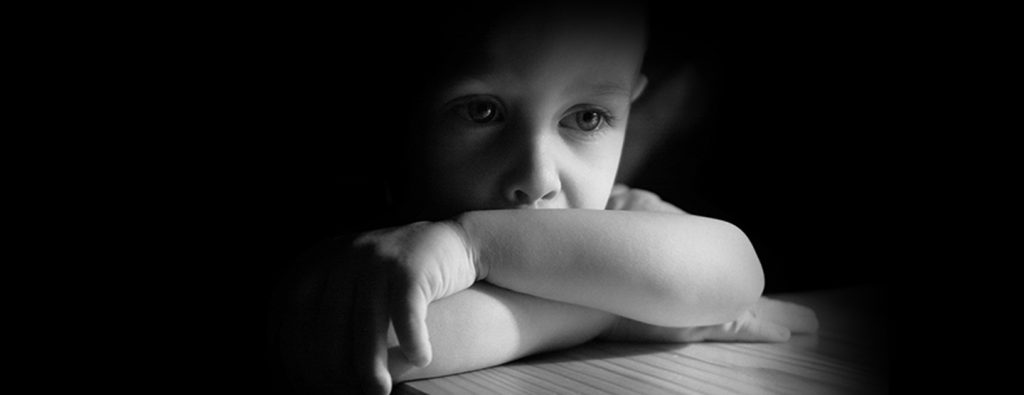
Typical sexual behaviours in children
Sexual behaviours in children may be considered healthy and part of typical development when:
- the sexual exploration is an information-gathering process where children explore the human body and/or gender roles, and;
- this exploration is with children of a similar age, developmental status and participation is voluntary.
Additionally, sexual behaviours in children may be considered typical when:
- their curiosity about sex and sexuality is balanced with curiosity about other aspects of their life;
- they do not feel shame, fear, anxiety or anger during healthy sexual exploration, and/or;
- the child is able to stop the behaviour when instructed to.
Common sexual behaviours in children
- Trying to look at people who are nude
- Touches own private parts in private
- Interested in other children’s private parts
Concerning sexual behaviours in children
- Masturbation with an object
- Specific knowledge of sexual intercourse or attempting to have sexual intercourse
- Touching animals’ private parts
- Drawing pictures of private parts
- Asking others to perform sexual acts
- Placing objects in the anus or vagina
Responding to concerning sexual behaviours
If you notice your child engaging in uncommon or concerning sexual behaviours:
-
- do not shame your child or call them names;
- communicate calmly that you want them to stop what they are doing, and that they are not in trouble, and;
- be consistent in your requests for them to stop.
Reducing concerning sexual behaviours
-
- Address the behaviour in a short, direct, calm way (e.g., “Hands out of your pants”).
- Redirect the behaviour (e.g., “Would you like to play with your doll or your blocks?”).
- Praise for good behaviour – praise your child when they are NOT displaying the unwanted behaviours so they also receive attention for good behaviour.
If your child’s behaviour escalates, or you have any concerns and wish to talk with one of our trained staff, contact Bravehearts’ Information and Support Line on 1800 272 831.
Harmful sexual behaviours
Sexual behaviours in children may be considered harmful when:
- the children engaged in the behaviours do not have a previous or ongoing friendship;
- the sexual behaviours are occurring with a younger or older child (generally the wider the age gap between the children, the larger the concern), and/or;
- the behaviour continues in spite of clear, consistent requests to stop.
If you think your child (or young person) has engaged in harmful sexual behaviour towards another child or young person, or has been sexually harmed by another child or young person, help is available. Contact Bravehearts’ Information and Support Line on 1800 272 831 or contact us.
 BACK
BACK
